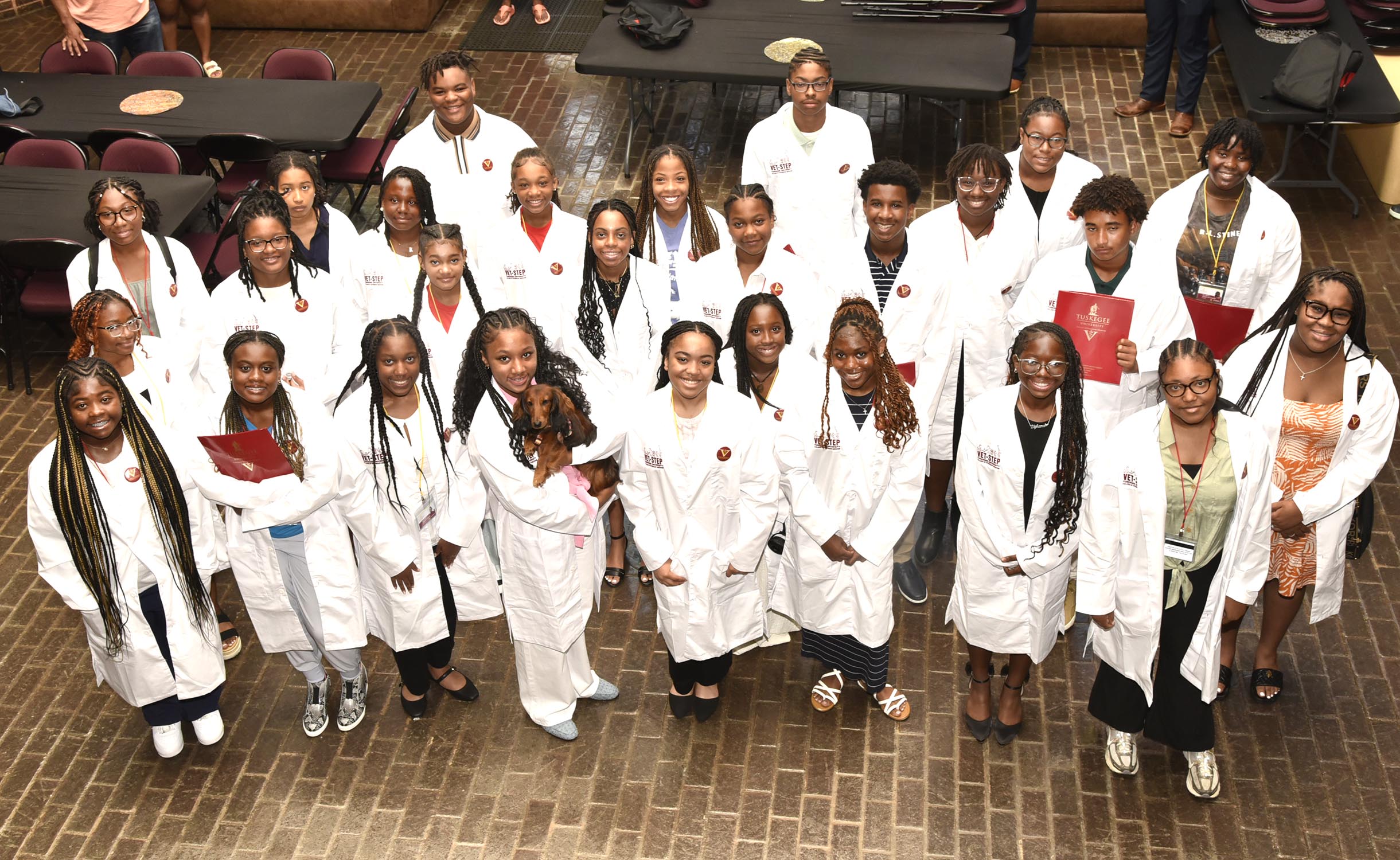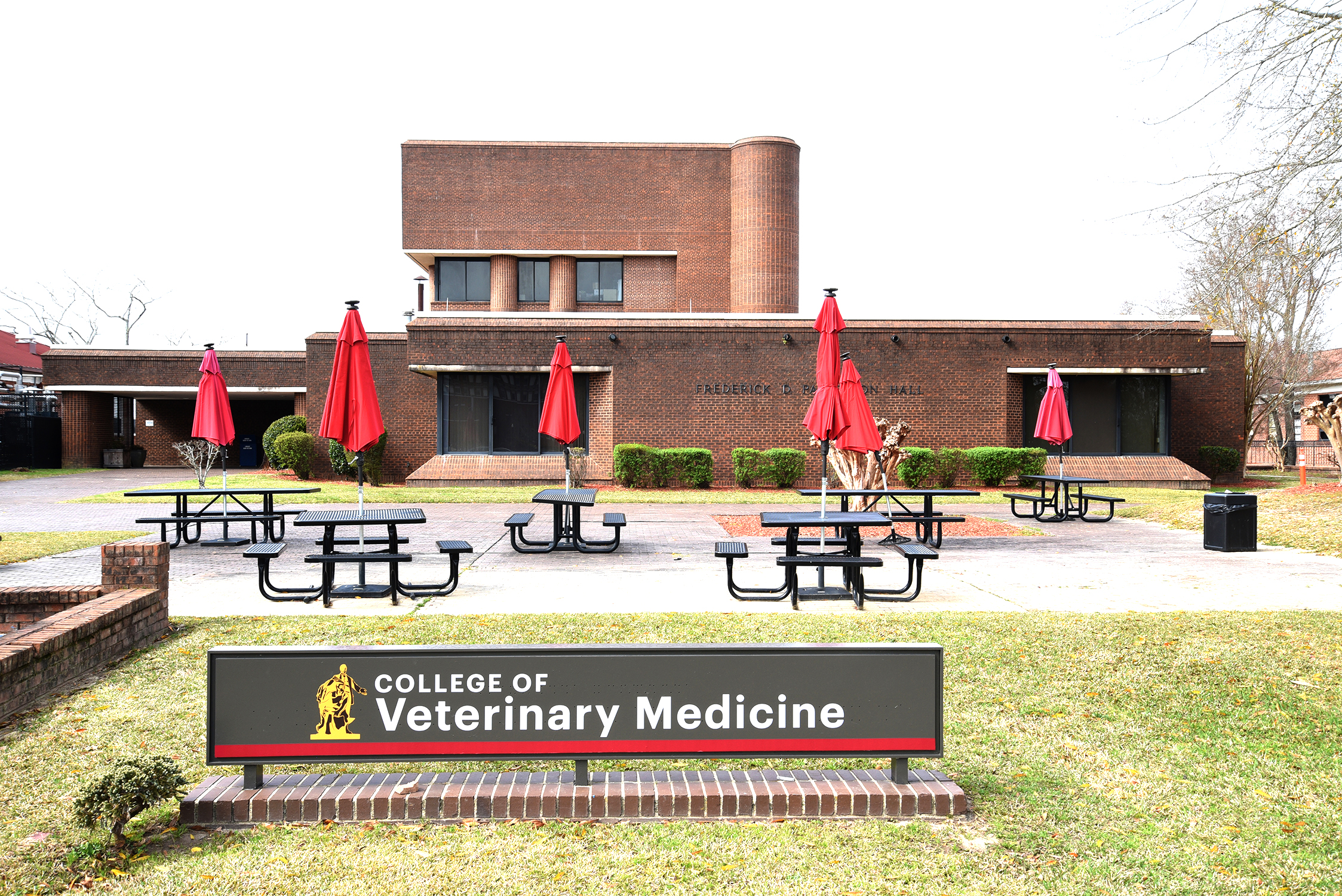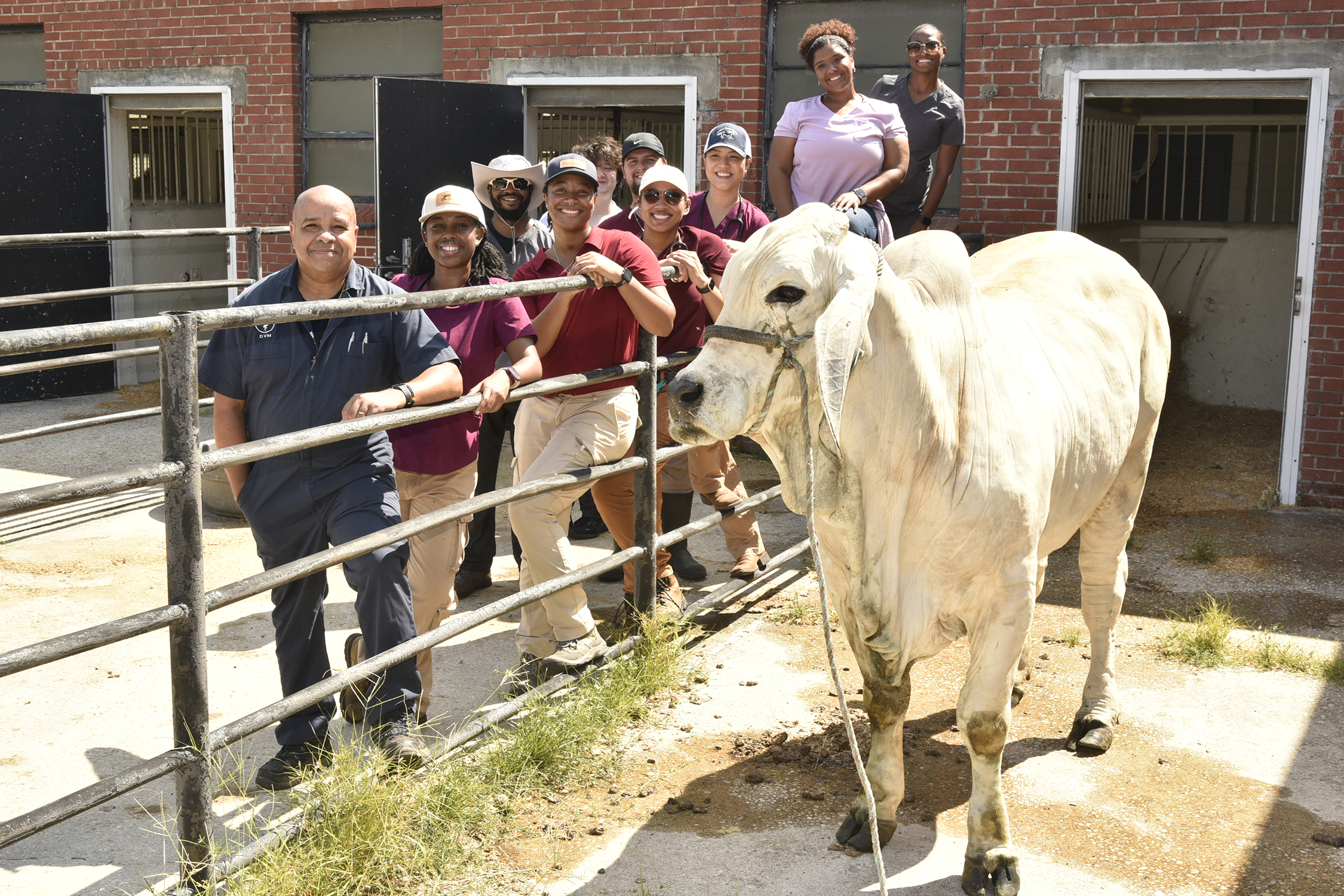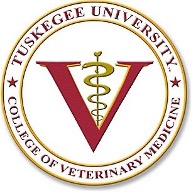- Academics
- Administration
- Admissions
- Explore
- Legacy
- Student Life
- TigerWeb
- Athletics
- Tools
- Quick Links
- Academic Affairs/Provost
- Accreditation
- Air Force ROTC
- Alumni & Friends
- Army ROTC
- Audit, Risk & Compliance
- Bands
- Bioethics Center
- Bursar
- Campus Dining Services
- Career Center
- Chapel
- Choir
- COVID Updates
- Environmental Health and Safety
- Dean of Students
- Development & Alumni Engagement
- eLearning
- Facilities Service Requests
- Faculty Senate
- Financial Aid
- General Counsel
- Graduate School
- Housing & Residence Life
- Human Resources
- Information Technology
- Institutional Effectiveness
- Legacy Museum
- Naval ROTC
- Police Department - TU
- Policies
- ROTC at Tuskegee University
- Registrar
- Research & Sponsored Programs
- Staff Senate
- Strategic Communications
- Strategic Plan 2021-2026
- Student Affairs
- Student Complaint Procedures
- Student Life & Development
- Summer Programs
- Title IX
- Visitor Request Form
- Support TU
- Apply
- Tours
- Pay







